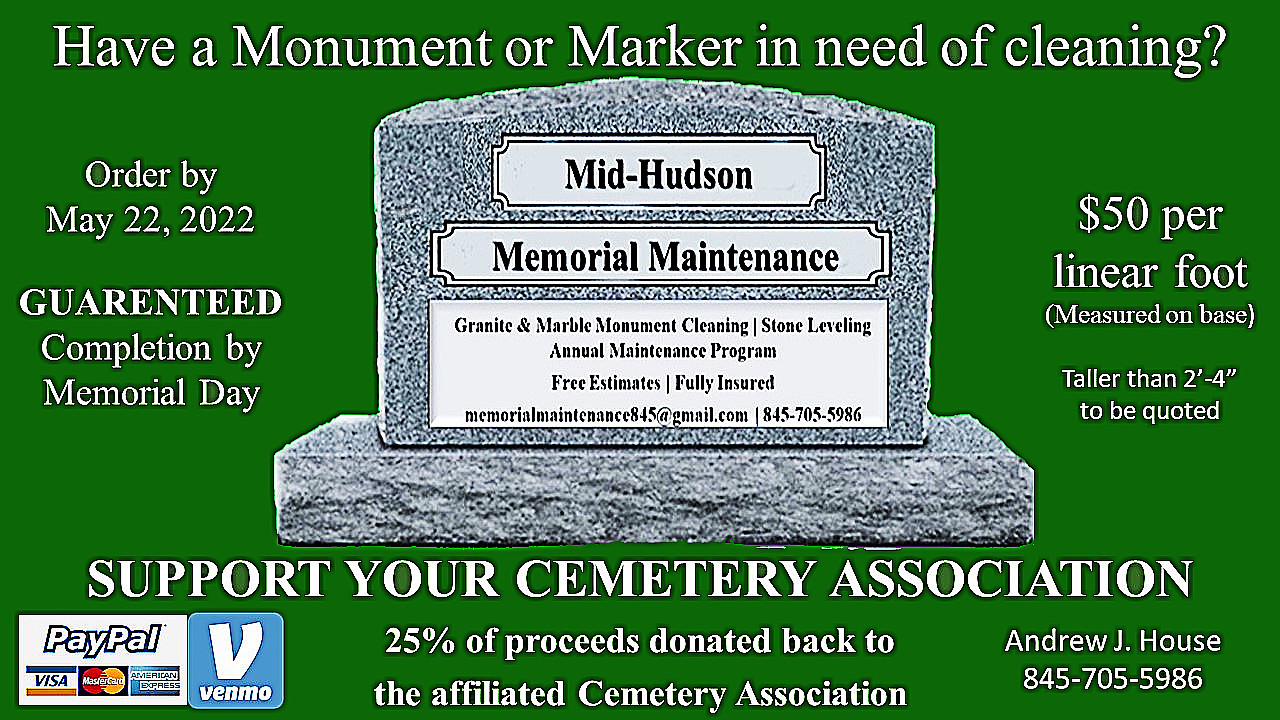A.G. Schneiderman Introduces Payroll Card Act To Create Clear Rules And Protect Workers From Unfair Fees And Coercion
Schneiderman: Workers Deserve Free And Clear Access To Their Wages, Without Burdensome Fees And Conditions
ALBANY – Attorney General Eric T. Schneiderman today introduced legislation regulating the use of payroll cards to increase protections for workers, clarify ambiguities in the law, and ensure that payroll cards offer a convenient and beneficial method for workers to access their pay. The Attorney General’s Payroll Card Act, which was sent to the Legislature yesterday, requires clear disclosure of payroll card fees, and restricts certain fees. The legislation was first proposed last year, following recommendations made in a report released by the Attorney General’s Labor Bureau.
“Workers should not have to pay unfair fees in order to cash their paychecks,” Attorney General Schneiderman said. “While payroll cards can be helpful for employees without bank accounts, programs often impose fees that chip away at people’s hard-earned wages. The Payroll Card Act will ensure that workers have free and clear access to their wages, while providing clarity to employers about how to offer payroll cards in compliance with the law.”
A payroll card is a prepaid debit card used by employers to pay wages to employees, typically as an alternative to direct deposit or a paper check. Each payday, a cardholder employee’s wages are deposited electronically into an account at a bank selected by the employer or by the payroll card vendor. The employee can obtain access to the funds in the account by using the payroll card. Similar to a bank-issued debit card, the payroll card can be used to withdraw funds from an ATM, make point-of-sale purchases, and electronically transfer funds, among other functions.
Darrah Sipe, interim director of the Retail Action Project (RWDSU),said, “Payroll cards are becoming an increasingly common form of payment, particularly in the retail sector. Many retail workers sign up for these cards upon hiring without knowing they can incur fees for withdrawing money at the wrong ATM or requesting a paper statement. Workers should have an informed choice in how they receive the wages they have worked hard to earn. The Retail Action Project supports this legislation as means of building a fair and transparent payroll card system in New York.”
Use of payroll cards has increased significantly in recent years. Nationally, an estimated 5.8 million workers received their wages via payroll cards in 2013, and that number is expected to increase to 10.8 million by 2017, according to research reported in Forbes. Often cited benefits of payroll cards include cost savings for employers; payroll cards’ usefulness in weather-related disasters when paper checks are hard to deliver to employees; payroll cards’ limited environmental impact, compared with paper checks, and the lower transactional cost to employees of payroll cards, when compared with check-cashing outlets. These benefits however cannot be used as an excuse to charge onerous fees or withhold basic information to participant wage earners.
The Attorney General’s office began looking into payroll card programs utilized in New York State in 2013 after receiving complaints from employees and other information indicating that certain payroll card programs were potentially in violation of state labor law, or did not provide adequate disclosures regarding the terms and conditions of the card. In response to requests from the Attorney General’s Office, 38 national and regional employers submitted information on their use of payroll cards. Last year, the Attorney General released a report detailing the findings of his office’s review of the information provided.
The Attorney General Labor Bureau Report revealed the following:
Cardholder employees were often given insufficient information about how to obtain their wages without incurring a fee and, where the employer provided detailed fee data, approximately 75% of cardholder employees incurred some kind of fee while attempting to access their wages.
In some programs, fees reached as high as $20 per employee per month, on average. Workers were steered or required to be paid by payroll card: 40% of employers surveyed did not provide employees with the option of receiving their wages by a traditional paper check, and an additional 31% discouraged the selection of a paper check.
Many programs failed to provide sufficient means for workers to withdraw wages without incurring fees. One employer’s payroll card vendor brought in almost $70,000 in fees for fewer than 5,000 cardholder employees during a one year period, of which over $60,000 were for ATM transactions alone, the majority of them to access wages or check account balances.
More than one-third of employers used payroll card programs that included overdraft fees. One payroll card vendor received over $200,000 in overdraft fees from August 2012 to July 2013, with an average of 2,570 accounts open each month.
The report recommended a range of reforms, some of which have subsequently been adopted by a number of the surveyed employers as a result of the Attorney General’s inquiry and report. These reforms are included in the Payroll Card Act to address these problems more broadly and ensure that payroll cards can be a convenient and beneficial method of payment for workers to access their pay. Its provisions would protect the rights of workers and prevent the unfair reduction of their wages through fees, including:
Requiring employers to allow employees to elect whether to be paid through a payroll card, direct deposit, or to receive a paper check;
Mandating that employees receive clear and appropriate notice of payroll card program terms and conditions, including potential fees and how to avoid them; and
Prohibiting employers from using payroll card programs that charge certain types of fees, and requiring employers to use payroll card programs with at least one network of ATMs where employees can obtain access to their wages without paying a fee.

